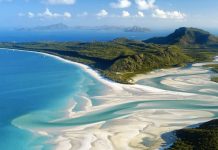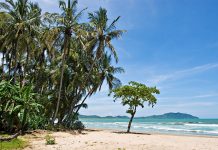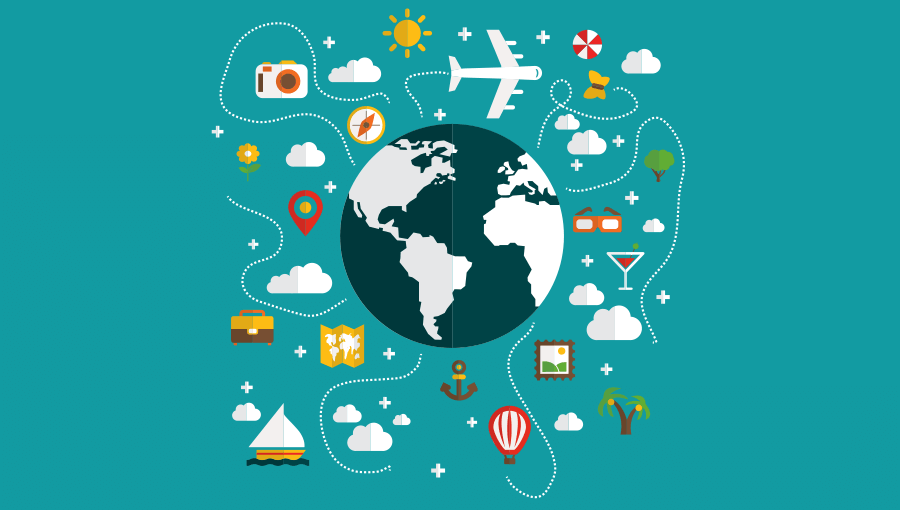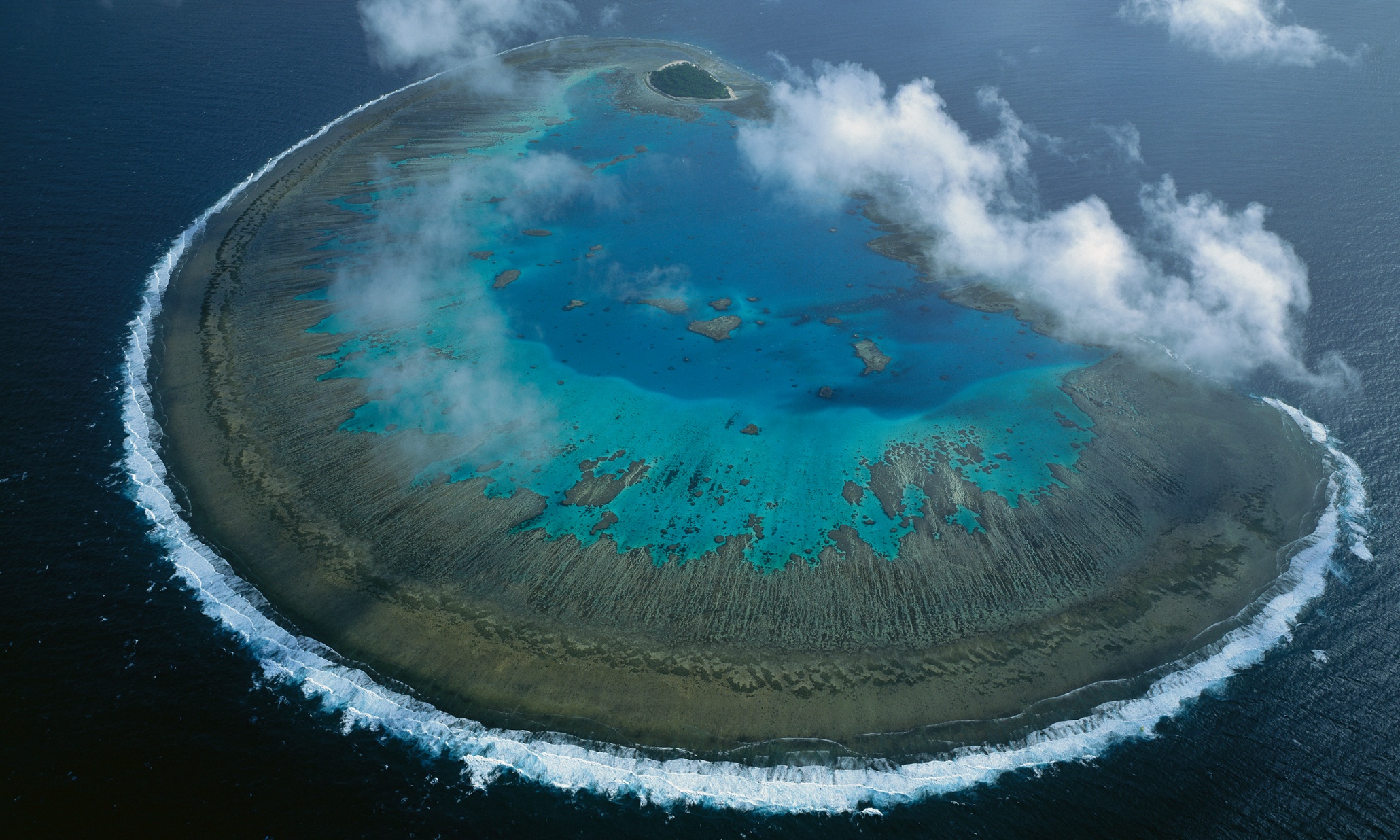This post may contain affiliate links. We may earn money or products from the highlighted keywords or companies or banners mentioned in this post.
At various moments in time, cultural, language and political differences have led residents of a destination to seek independence from their ruling governments. Most recently, leaders of Catalonia pledged to secede from Spain, and in 2014 Scotland held a referendum on independence from Great Britain.
Political freedom isn’t always the goal and the movement doesn’t always come to fruition. But regardless of the changes that take place, locals often note a distinct cultural pride or geographic separation that sets them apart. We talked to a few of these residents to find out how this affects day-to-day life – and how upcoming events could impact the future.
Catalonia, Spain
Already an autonomous community, Catalonia elected a pro-secessionist regional leader in September 2015, and he’s pledged to secede within 18 months. The coming year will prove to be a battleground in the burgeoning independence movement.
For those that live in this region of northeastern Spain, attitudes vary widely. “My philosophy anywhere I have lived is whatever the people want,” said Elina Nykaenen, who is originally from Finland and is an InterNations ambassador in Barcelona. “I believe people have the power and that it is okay to manifest it and seize it if necessary.”
Others are more hesitant in their support, as it opens up questions about whether the new state would be part of the EU and how that affects working conditions. Paul Conde, originally from Mexico City and also an InterNations ambassador, said businesses are already moving out of Barcelona in anticipation of the possible change.
“There is lots of noise about being independent and making our own decisions,” he said. “But what about the consequences, like being out of the Euro-zone? And the resources required to create a new country – from the money to the time required?”
Despite the uncertainty, Catalonia’s capital, Barcelona, remains an increasingly popular place to live. Expats have bought up a lot of property, which has driven up prices –though residents still say it’s affordable compared to the rest of Europe. Due to the influx, it can be hard to get to know the locals. “Many people often seem somewhat annoyed that foreigners live here,” Nykaenen said. “It can be quite hard to get close to the Catalans or to be accepted by them.” That said, investing in learning the local Catalan language and culture goes a long way.
Gracia, 4km northwest of downtown, is a popular neighbourhood for expats. “It is very family oriented with countless plazas where the kids, parents, grandparents and neighbours gather every afternoon to get together,” Nykaenen said. “It’s also one of the most bohemian parts of the city with yoga, art and a more open attitude toward alternative lifestyles.”
Vila Olimpica and Poble Nou, 4km to the east, are favoured by those who want to be close to the sea.
Scotland, Great Britain
In September 2014, a national referendum asked Scottish citizens: “Should Scotland be an independent country?” Nearly 45% answered yes, with 55% wanting to stay part of the United Kingdom.
Even residents who voted against the referendum for economic reasons still feel a strong sense of cultural independence. “The Scottish people are very proud of their distinct culture and heritage and that is expressed in many subtle ways,” said Mark Ware, who is originally from Canada and now serves as an InterNations ambassador in Edinburgh. “Local traditions, food and culture are all celebrated, and people are very proud of their sporting stars and others who have made it big on the international stage.”
While residents of Edinburgh, Scotland’s capital, are extremely polite, Ware said locals can be a bit “standoffish” to foreigners, and tend to be more subdued than locals in Glasgow, Scotland’s largest city.
Ware lives in Morningside, three miles southwest of downtown Edinburgh. “The high street is well serviced with a nice mix of posh specialty shops and everyday services,” he said. “The neighbourhood is quiet in the evenings, but it is only a short distance from the city centre.”
Affluent Stockbridge, 1.3 miles northwest of downtown, historic Bruntsfield, two miles to the southwest, and Marchmont with its pink sandstone Victorian buildings 1.5 miles south, are also desirable areas.
Greenland, Denmark
Much like Scotland is a country within the United Kingdom, Greenland is an autonomous country under the Danish Realm. Though the island has been inhabited since prehistoric times, Norwegian and Icelanders established settlements here from 986AD, and it became a Danish colony in 1814.
In 2008, Greenlanders successfully voted for greater autonomy, and now have sole control over their judicial system, mineral usage, aviation and policing. Denmark still controls foreign policy and defence, and the country’s small population means that the ties to Denmark are hard to break.
“Of course I also want us to be as independent as possible,” said Janus Chemnitz Kleist, a Nuuk native and tour guide for Hurtigruten’s Greenland tours.“But in practice it is very difficult, as we are such few people in Greenland and our welfare system is very much dependent on Danish money and Danes working here.”
Greenlanders continue to talk about full independence, maintaining that they will always have a close relationship with Denmark. Most residents speak Danish and English, though local Inuit language Kalaallisut has been the official language since 2009.
But the country has strong cultural differences, in part because of its condensed population. “Everyone knows each other, even in Nuuk, Greenland’s biggest city,” said Line Ehlig, who is originally from Denmark and used to live in Nuuk. “All the citizens, Greenlanders as well as Danes and people with other nationalities, live together in one big community. Most people in Denmark aren’t even half as nice and forthcoming as a lot of the Greenlanders are.”
Almost a third of the island’s 60,000 residents live in Nuuk, Greenland’s capital and largest city. Danes especially continue to move here for its high wages and employment opportunities in oil and agriculture. Most businesses are located in the central Nuuk Centrum district, but a bus line connects all the major districts. The Qinngorput district 3km to the east is popular with younger residents and those with school-age children.
Quebec, Canada
The Canadian province of Quebec was only a few votes away from becoming a sovereign nation in 1995, when voters came out in record numbers to weigh in on the issue. Though the “no” vote won with 50.58%, Quebec remains a strong independent region, both culturally and politically. While the rest of Canada is a “settler nation”, with expats from around the world, Quebec can feel quite distinct in its French roots.
“The Francophone language and French culture-lifestyle-education system is unique to Canada, so it gives this province a different feel, and a sense of ‘culture’ that other places in Canada don’t have,” said Christian Scott, who is originally from Guadalajara, Mexico and now works in Montreal for Your Local Cousin, a travel start-up that matches travellers with locals.
The emphasis on the French language is taken seriously; by law, all signage must be primarily in the official language. Still, Montreal, the largest city in Quebec, is easy to navigate for English speakers, and English can often be heard near the city’s many universities and tourist-driven Old Port area.
Quebec’s strong sense of independence leads to certain other advantages. “Quebecers are strong willed and free thinkers,” said Susanna Oreskovic, who also works for Your Local Cousin. “This allows for a rich cultural and arts sector. There are more artists living in Montreal per capita than anywhere else in Canada.”
Residents looking to experience the city’s creative side should explore the Plateau neighbourhood, 3km north of downtown, which has 10 times the concentration of artists than any other neighbourhood in Canada.
Rosemont–La Petite-Patrie, 6km north of downtown, is also a popular francophone borough. It’s more affordable than the gentrified, English-speaking Mile End, but still with plenty of up-and-coming restaurants and boutiques. Notre-Dame-de-Grâce is another major English speaking neighbourhood about 10km west of downtown, popular among young professionals and English-speaking immigrants from many parts of the world.
Taiwan, Republic of China
In January, the Democratic Progressive Party won the presidential election in Taiwan, once again placing a spotlight on the sovereign state’s independence from China.
Due to the sensitivity of the politics, most locals are staying mum on the topic, but an increasing number of residents identify as ethnically Taiwanese rather than Chinese, which could continue to press the issue.
It’s easy to engage in politics – on independence topics or otherwise – in Taiwan’s capital city of Taipei. “During election season there are rallies in the streets and banners and national flags everywhere,” said US expat Jason Warren, who currently lives in Taipei. “I get more than few taxi drivers that want to talk about how awesome American power is, how we need to do more with that power, and how Taiwan and the US share a love for democracy and debate.”
Beyond politics, Taipei residents love the city’s food options, which number in the thousands and include cuisines from around the world. Warren lives in the central district of Da’An, 3km west of downtown, making it easy to navigate the city by foot or by public transit.
Those looking to be near independent shops and restaurants should check out the area near the National Taiwan University, 5km southwest of downtown, and Zhongxiao Dunhua, 2km east of downtown, with its boutique shopping culture.
Correction: An earlier version of this article incorrectly included Taiwan as part of the People’s Republic of China. The official title of the county is the Republic of China. This has been fixed.










